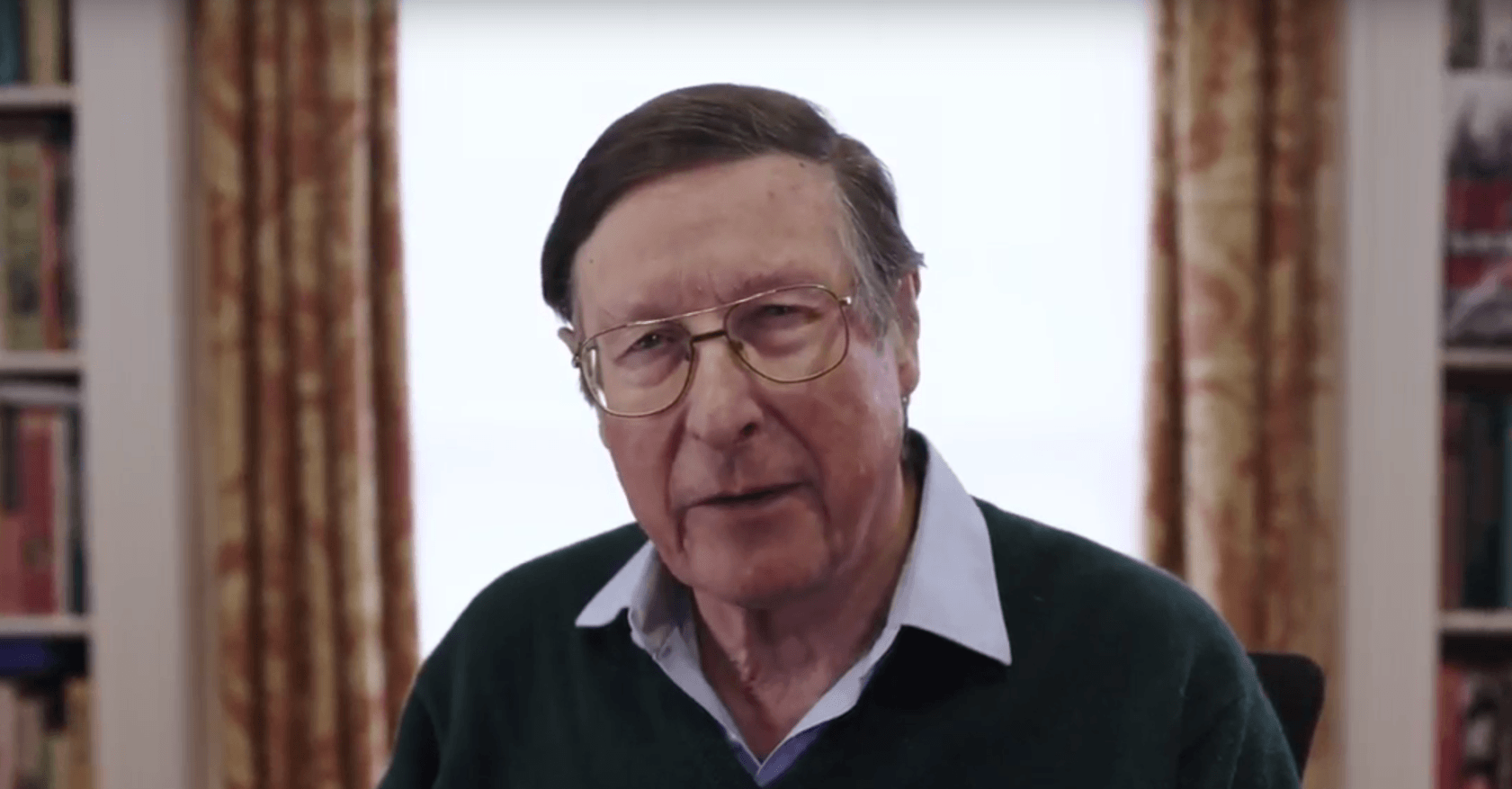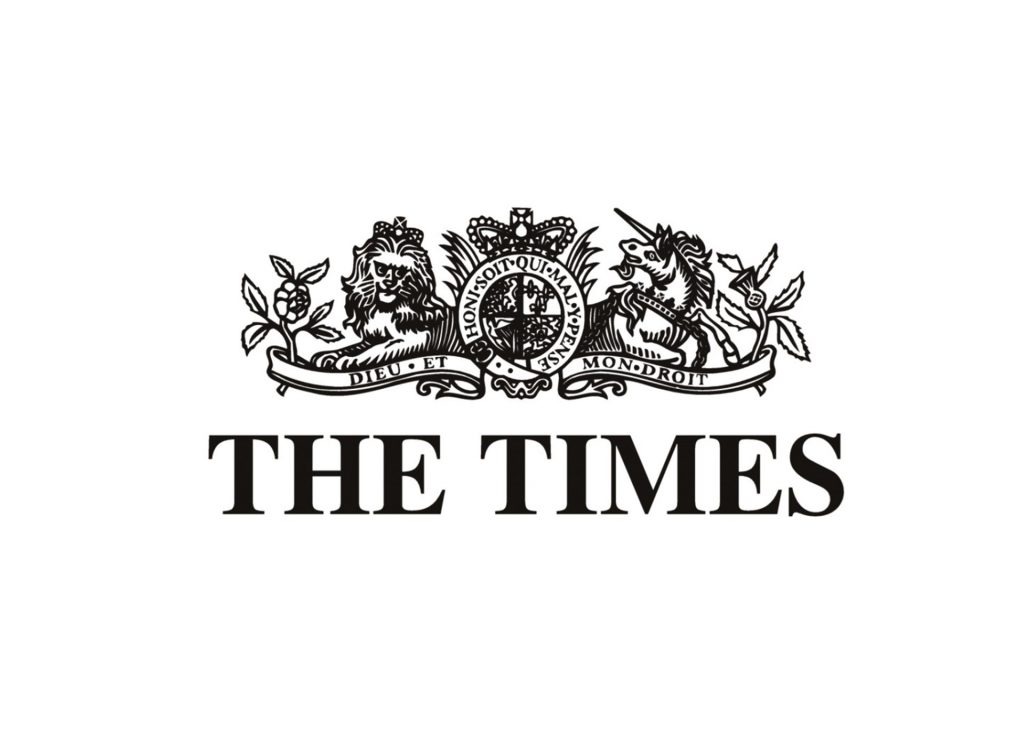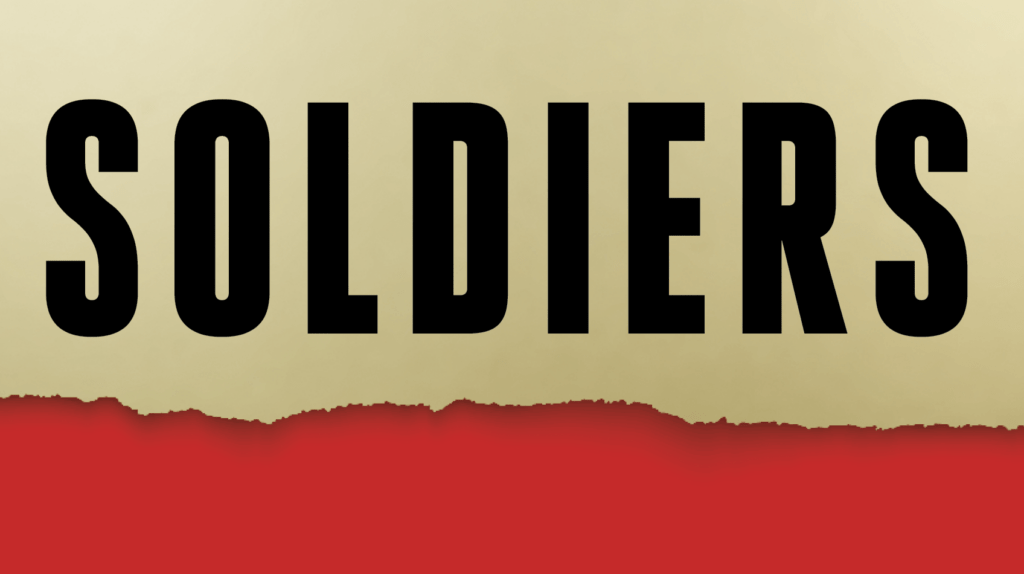This article was published in The Financial Times on 25th November 2011
Cruising is a divisive activity. Some people leap eagerly aboard vast ships in far-flung ports several times a year. Others shudder at the very notion of being trapped afloat for weeks with a cargo of bores and pier-end entertainers.
Until my wife Penny and I boarded Swan Hellenic’s Minerva at Piraeus on a brilliant autumn afternoon, my only protracted shipboard experience was of travelling to report on the Falklands war on the Canberra in 1982, in the company of 2,000 Royal Marines and Paras. Now, we felt acutely apprehensive about the prospect of sailing the Black Sea with 350 strangers.
It was a revelation to land at Istanbul a fortnight later having had one of the best holidays of our lives, an experience I would warmly recommend to anybody aged over 60. We loved the ship – the organisation was impeccable, the company almost wholly sympathetic, the food great, and the destinations delightful. This sounds suspiciously fulsome but Penny said I seemed to have undergone a personality change, because I never once lost my temper between embarkation and final landing.
There was pathetically little to get cross about. Admittedly, we did leave Piraeus (Athens’ port) six hours late because of a refuelling delay, but after that the schedule worked fine, usually sailing at night and going ashore by day. Minerva is a relatively old ship, launched in 1996, but fitted out with better quiet good taste than many country house hotels.
Most of the officers are east European, the crew Filipino, all cheerful and efficient. The Swan Hellenic staff, led by cruise director Paul Carter, are all British, highly experienced and jolly. Everybody glowed with goodwill amid a glassy sea beneath skies warm and breezy every day, which is not always the case. The captain recalled other cruises during which it rained almost daily, and one when the Black Sea got so rough that the ship had to turn back.
Because Swan Hellenic trips are relatively expensive and emphasise culture, most of Minerva’s travellers are keenly interested in every destination – by no means the case on less focused cruises, I was told. Minerva’s complement usually includes a significant contingent of academics, as lecturers or paying passengers: we mustered three former heads of Oxford colleges together with several British and American professors.
We spent our first day in Athens, mostly at the awesomely beautiful new Acropolis museum. This has been hailed as one of the most imaginatively designed collections in the world with its upper floor built to the same dimensions as the Parthenon.
Next day, passengers landing on the Turkish Asian coast at Canakkale had a choice between visiting Troy and Gallipoli, scene of the 1915 campaign against the Dardanelles disastrously conceived by Winston Churchill and executed by some of the most incompetent British commanders in history. Most people find the Gallipoli memorials and battlefield deeply moving. I certainly did, having read and written so much about the campaign.
We ate breakfast on deck next morning amid incomparable views of Istanbul as we sailed up the Bosphorus, then set course for two northern Turkish ports, Sinop and Trabzon. Both have some pleasing old ruins and repaid a couple of hours’ strolling, though Turkey’s tourist authorities might do themselves a favour by removing some rubbish from the streets and beaches.
The highlight of Trabzon was an hour-long coach ride inland, followed by a steep climb to the monastery of Sümela, perched below the summit of a sheer cliff and rivalling the drama of its counterparts in Greece’s Meteora. The last generation of monks left Sümela in 1923 after an occupation that may have lasted 1,400 years. They left behind some marvellous Byzantine frescos, which alas still suffer at the hands of vandals and graffiti artists.
Afterwards, Penny and I walked a mile or two down the mountain alone: when one spends weeks in the company of others, it is a treat sometimes to quit the crowd, as we learnt to do whenever we could. Every destination was introduced in advance by excellent shipboard lecturers: Alexei Leporc, a Russian curator from the Hermitage museum in St Petersburg, was acclaimed as the stellar performer of our group. By contrast, local guides ashore, while undoubtedly the best available, proved uneven: many were dull, slow and repetitive.
One of the principal joys of cruising is that it offers a taste of a dozen destinations in a fortnight, and few of the places we visited would repay longer stays. Batumi in Georgia, on the east coast of the Black Sea, the old Colchis, is an old resort town, impeccably clean in contrast with its richly scented Turkish counterparts, with fine subtropical botanical gardens that we visited. It has some charming old buildings that the natives are busy knocking down and replacing with concrete monstrosities.
If quizzed about this, I fancy most Georgians – and Turks and Ukrainians – would respond: “You rich tourists want to see picturesque things, but to us these reflect the poverty of the past. We wish to be rich and modern, and to hell with quaintness.” So be it, but in a decade places such as Sinop and Batumi will retain precious little old beauty to offer tourists.
The Crimea was among the highlights of our cruise. We spent our first day there at Yalta, visiting Chekhov’s house and the Livadia Palace, where the February 1945 conference of Stalin, Churchill and Roosevelt took place. The entire Crimean peninsula had been devastated during the 1942-1944 campaigns. I have always believed Stalin chose the venue to drive home to the western allies the appalling sacrifices Russia had made for victory, together with his determination to exact the price – his new east European empire.
Livadia was built by Tsar Nicholas II as a summer palace, and sepia photographs of the doomed imperial family on the walls are among its most vivid and melancholy modern contents. It was in the Crimea that Penny and I realised how institutionalised we had become – content to be spared all normal decisions and choices, merely to join the queues to board a coach or enter the next attraction. We scuttled gratefully back to Minerva at mealtimes, knowing her food was streets better than anything we were likely to get ashore.
Next day we landed at Sevastopol, to tour the 1854-1855 Crimean war battlefields and some museums illustrating the second world war siege of the city. Gennadiy, our Ukrainian escort, was easily the best and most sympathetic of our guides ashore. At the Alma battlefield, chance dictated that this was the day when some hundreds of enthusiastic locals perform an annual re-enactment of the battle, accompanied by horses and cannon and watched by a thousand or two spectators. It was chaotic, implausible and great fun.
At Balaklava, we strolled through astonishing damp, echoing subterranean caverns – the Soviet fleet’s cold war submarine pens – to reach an excellent private museum of the Victorian conflict. Then we gazed down from the Sapoune Heights on the battlefield and Lord Cardigan’s “Valley of Death”, which become instantly comprehensible after half an hour of on-the-spot study.
Ashore next day in Odessa, once the rich port from which much of Ukraine’s grain was exported, we abandoned our guide and walked along broad streets among handsomely-restored merchant mansions and the peerless baroque Opera House where we later watched a special ballet performance. A 19th-century creation, mercifully spared in the second world war, Odessa is mostly the work of foreign architects, who provided it with façades that might pass for those of contemporary Paris or Vienna.
The city centre is ideal for strolling, though the black Range Rovers with tinted windows, close-cropped heavies accompanying their owners with one hand in their pockets, reminded us that Ukraine is today as much a gangster society as Russia.
We spent the next morning in the little Bulgarian tourist town of Nessebur, enjoying its restored Byzantine churches, then headed to our final destination, Istanbul. Perhaps it is absurd to spend only a day in this greatest of waterfront cities, which sufficed only for St Sophia, the bazaars and Topkapi Palace, which I last saw as a student hitchhiker almost 50 years ago. But serendipity is the essence of cruising. Our Istanbul day was bliss but almost every passenger, I think, felt as culturally exhausted as we did.
We had enjoyed our time at sea almost as much as that ashore. Minerva has a comfortable library, the cinema shows new releases, and the worst peril is the grotesque quantity of food on offer. Some passengers hit the trough punctually at noon and kept stuffing into the night. An observer remarked laconically: “I suppose they feel that as they’ve paid for it, they might as well as eat it.” Some of our companions, and indeed the Hastings, were lucky not to be charged for being over the weight limit on the plane home.
Cruising is ill-suited to those who dislike chatting to strangers: unsociable folk should stay at home. But we found the trip a real holiday, because so utterly unlike our normal life. We became much attached to the ship, a cosy home with the changing scenery shuttling past. We never saw anybody drunk or discourteous, which is unusual anywhere these days.
There are inescapable Hi-de-Hi moments on cruise ships, such as the choral performance by sailors of the Black Seas Fleet Ensemble, but most of the passengers seemed to love it. We would still resist travelling on one of those huge maritime monstrosities complete with gold fittings, shopping malls and casinos. But Minerva showed the fun to be had by cultured passengers on a really well-run boat, small enough to feel intimate. Arriving anywhere by sea remains a superbly romantic experience, contrasted with the horror of airports. In a year or two, we hope to don our yachting togs again.



